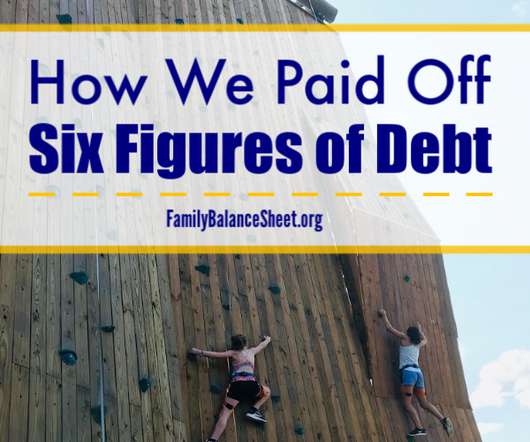Money Matters: How to Prepare Your Finances for a Recession
Motherhood Moments
JANUARY 18, 2023
Prepare ahead of time and create a bare bones budget that includes only your essentials — think food, shelter, clothes, transportation and insurance — so you have a plan in the event that you experience a loss of income or need to cut expenses suddenly. An emergency fund is vital regardless of the larger economic climate.











Let's personalize your content